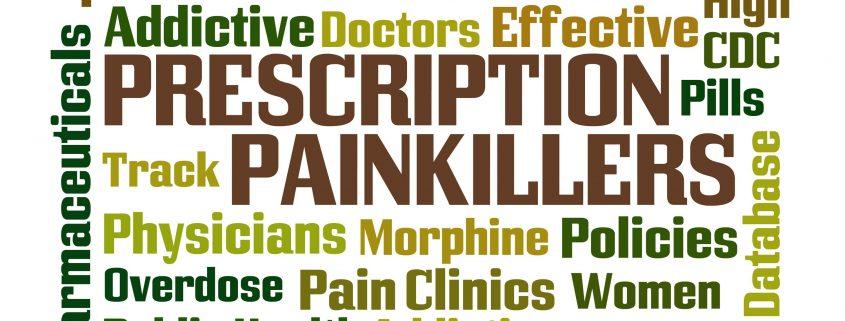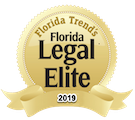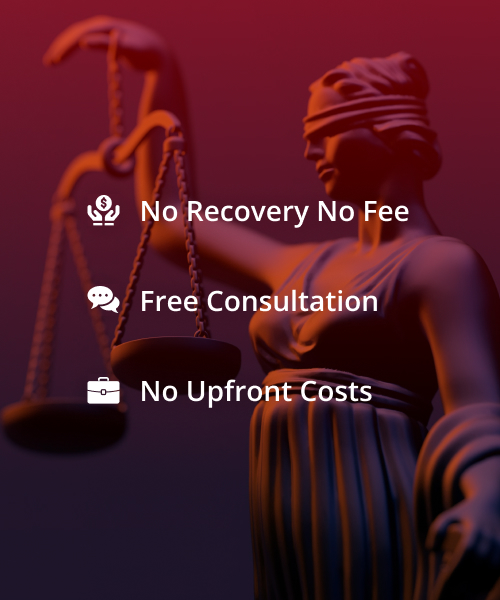- Free Case Evaluation: (305) 577-3777 Tap Here to Call Us
The Opioid Crisis

Stories about the current opioid crisis can be found anywhere, through news channels, social media or maybe you have met someone personally affected by this epidemic. A recent study shows that on average pharmacies are filling more than 214 million opioid refills or first time prescriptions a year. There are many types of opioids that are legally prescribed; these pain medications included oxycodone, vicodin, morphine, codeine, and others. If you take a deeper look into the crisis, it also includes use of illegal drugs such as heroin or synthetic opioids like fentanyl.
The question here is what is being done to stop this epidemic from spreading? Lawsuits are being filed across the country in an effort to hold the prescribing doctors, hospitals, pharmaceutical companies and pharmacies accountable. Some of the claims state that the prescription drug is to blame for an individual’s addiction and once their prescription runs out this what leads a person to buying illegal drugs, which results in criminal activity. There are suits being filed against pharmaceutical companies that claim evidence is being hidden about the dangers and how highly addictive these medications really are.
Take for instance a case that has been filed in Florida; Attorney General Pam Bondi is suing some of the largest opioid drug makers and distributors. The state of Florida is claiming these companies failed to inform those dispensing and/or using these drugs of their risks. The Attorney General has stated, “It’s time the defendants pay for the pain and destruction they have caused.” The suit seeks damages for costs associated with drug treatment. This includes the costs of care for babies born with addictions to opioids, state foster care services, first responder services, hospital and emergency treatment, law enforcement expenses and other taxpayer expenses caused by the epidemic. Similar cases were also brought about in five other states by their attorney generals. These states include; Nevada, North Carolina, North Dakota, Tennessee, and Texas. Hundreds of other lawsuits have followed alleging misrepresentations and other aspects of negligence regarding these prescription drugs.
In 2017, Mckeenson Corp, one of the largest drug distribution companies in America reached a settlement with the Justice Department to pay $150 million to the U.S Government for failure to detect and report suspicious opioid orders. According to the Washington post “ the government accused Mckeenson- the fifth largest company in the United States- of failing to design and use an effective system to detect “suspicious orders” from pharmacies for powerful painkillers such as oxycodone”, as required by the Controlled Substance Act. In Colorado, Mckeenson filled more than 1.6 million orders for controlled substances from June 2008 to May 2013, but it reported just 16 of them from a single customer as suspicious.” This was so far the largest fine against a distribution company. Another example of a settlement was in 2017 against Costco. Costco agreed to pay $11.75 million to the U.S Government to settle charges that stated the company unlawfully filled prescriptions for doctors that were either not registered or unqualified.
While these are only initial efforts in the race to stop this epidemic, it has been stated time and time again what a huge role the opioid companies have had in this epidemic. The hope is that the outcome of these legal cases will force pharmaceutical manufacturers to responsibly design, label and distribute opioid-based pain medication to avoid its dangerous and addictive misuse thereby hopefully ending the horrible opioid drug crisis.
Jeffrey R. Davis, P.A. is a law firm dedicated to pursuing justice on behalf of its injured clients. If you, a friend or a loved one have been injured due to medical prescription mismanagement, pharmaceutical error or other adverse medication events, please contact Jeffrey R. Davis, P.A. for a free case review and consultation. Our offices are available on a 24-hour basis in both English and Spanish.









